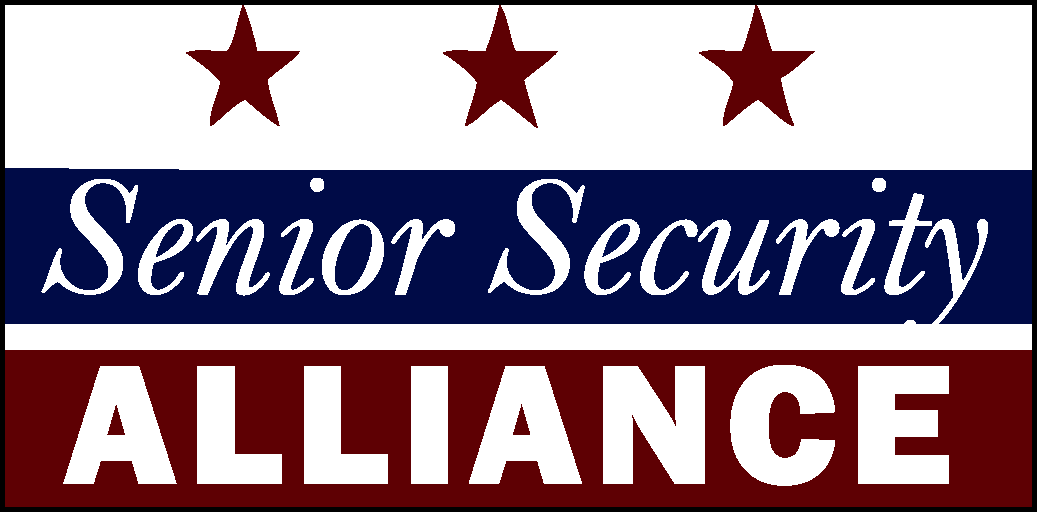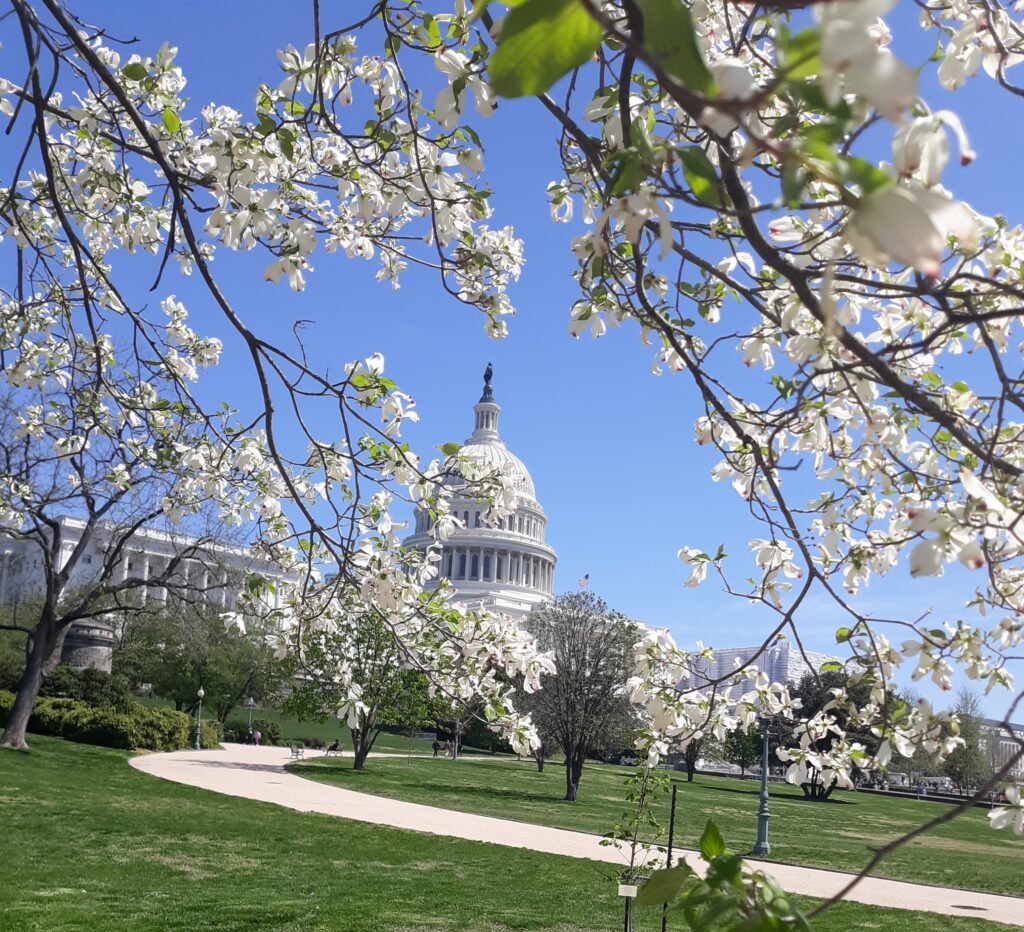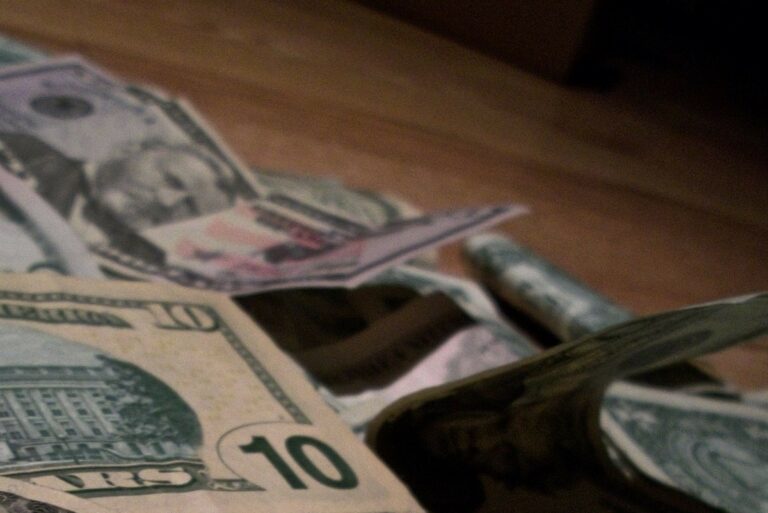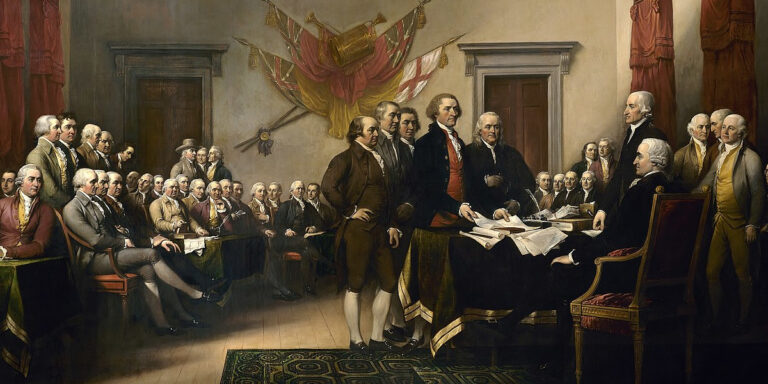Part of Our Ongoing Series Which Examines Significant Events From The Past

By Michael Apel – Own work, CC BY 3.0,
https://commons.wikimedia.org/w/index.php?curid=19946942
The Prague Spring. ‘Twas a glorious time to be alive. Or so I imagine. I mean, I was alive but I was also some 4500 miles away, as the crow flies. Although, come to think of it, crows aren’t particularly migratory and are most unlikely to ever fly that far. And what’s more, I was two years old at the time and nobody’s memory is that great.
But anyway…
The Prague Spring was a too-short period of political “opening-up” and increasing freedom in the then-socialist republic of Czechoslovakia. It began with the ascension of one man to a particular office, when Alexander Dubček became the First Secretary of the Communist Party in that Soviet satellite nation.
Little noticed at the time, that event happened on January the 5th of 1968 — 56 years ago today.

Image in the Public Domain
Courtesy of https://alphahistory.com/coldwar/
Dubček represented a new generation of post-Stalin communists, perhaps more idealistic and less ideological, certainly more willing to challenge Kremlin hegemony vis-à-vis the interests of his own people.
* * * * * * * * *
It may or may not have been Mark Twain who first asserted that history does not repeat itself, but does often rhyme. Whoever said it may well have been thinking about the Russian nation and its geopolitics over the centuries. For surely, the more things change, the more they remain the same. (Alphonse Karr said that. In French. Not important.)
What is important is that 20,454 days ago today, something quite significant happened. Totalitarianism had taken on a new face. That face belonged to Leonid Brezhnev, General Secretary of the Communist Party of the Soviet Union and titular leader of the Kremlin. Not all were deceived, but some saw in his face a break from the harsh Stalinism of recent Russian history. And the new first secretary of the communist party in the satellite nation of Czechoslovakia — the aforementioned Alexander Dubček — would come to espouse “socialism with a human face.” Were not Leonid Brezhnev and Alexander Dubček of one mind, then? Well, yes, for a time; but ultimately, no.
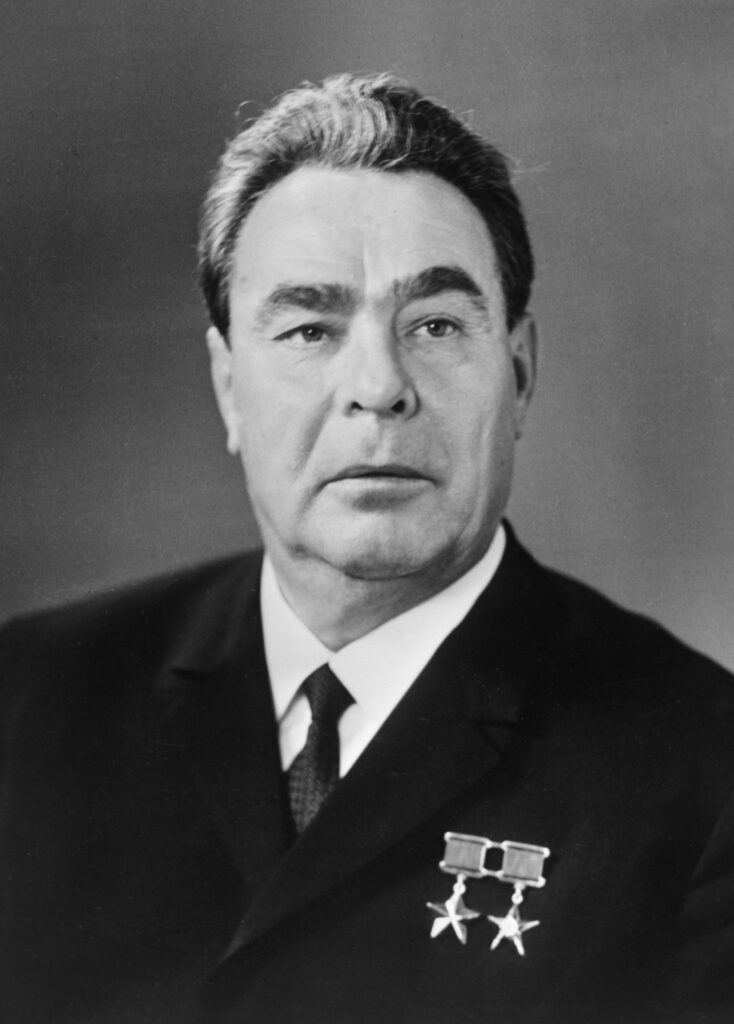
Image in the Public Domaine CC-0,
https://commons.wikimedia.org/w/index.php?curid=73770619
Czech history, you see, leaned West. It valued things like democracy, human rights, freedom of speech and religion — all that Enlightenment stuff. Russian history, on the other hand…well, let us say that Russian elites — then and now — above all else, desire and value power.
For some seven months, Dubček championed reforms in Czechoslovakia which led to increased freedom of the press, freedom of speech and freedom of movement, with economic emphasis on consumer needs and choices. There were even hints at the possibility of multiparty government.
Against a backdrop of Soviet oppression, it was a time of hope. For freedom-loving people, it was a time to dream of a brighter future and better things.
Alas…’twas not to be.
* * * * * * * *
The American president in those days was Lyndon Baines Johnson — competent, controversial, perhaps not particularly courageous. Persons of goodwill disagree on his legacy. He did the requisite lip-service to freedom for Czechoslovakia, but little else. America had its own problems in those days, and many Americans — most perhaps — cared little about events and peoples beyond her own borders.

Image in the Public Domain.
http://www.cr.nps.gov/history/online_books/presidents/bio36.htm,
https://commons.wikimedia.org/w/index.php?curid=7831978
It would be some years — 13, to be exact — before a very different American president took office and America accepted and embraced the role and responsibility of Leader of the Free World.
But back to Prague and 1968.
Dubček’s reformist inclinations took root in the Czechoslovakian citizenry. Literature and art and scholarly pursuits flourished. Liberty blossomed. People could actually question their government. Freedom was in the air. Winter gave way to a spring which lent its name to a movement — to one brief, shining moment in time.
But that promising spring gave way to the red heat of summer, and with that heat came the Russian tanks of August, along with a quarter of a million soldiers from the Soviet Bloc. They rolled into Prague and across the Czechoslovakian nation, leaving crushed hopes and dreams — and hundreds of civilian casualties — in their wake. The Brezhnev Doctrine — described by one wag as “Workers of the world unite, or I’ll shoot!” — carried the day. Freedom would have to wait.
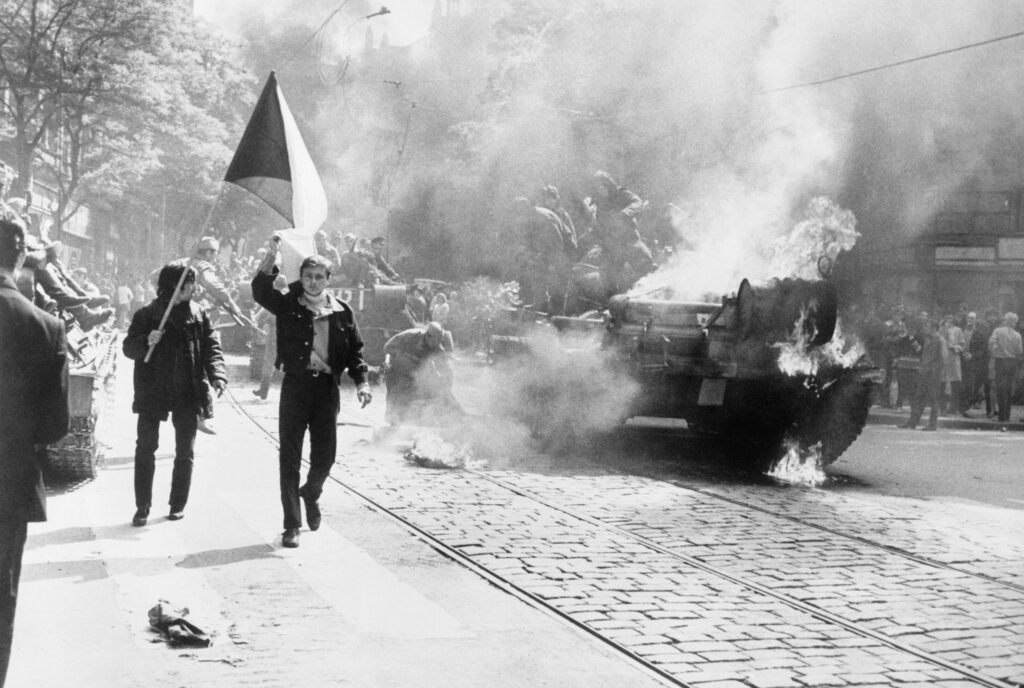
Photo By The Central Intelligence Agency – Public Domain,
https://commons.wikimedia.org/w/index.php?curid=29195095
So there you have it. In the days of my extreme youth, a spark was lit on January 5th of 1968. Gentle winds for a time threatened to fan the spark into a conflagration. But only cold winds blow from Siberia — “purga” in Russian — and the time was not yet ripe for the spark of freedom to catch fire.
And so my friends, on this January 5th of 2024, let’s agree to learn from history, lest we repeat it…for that will never do.

Image By Fir0002 – Own work, GFDL 1.2,
https://commons.wikimedia.org/w/index.php?curid=7613324
By Steven Roberts
